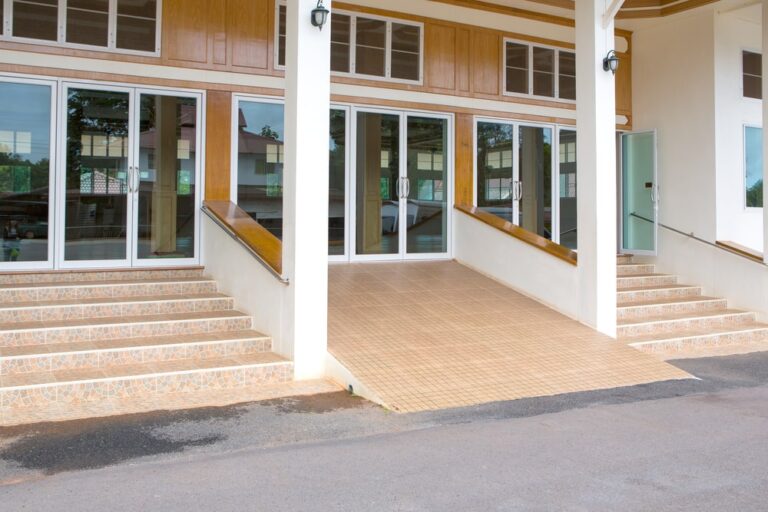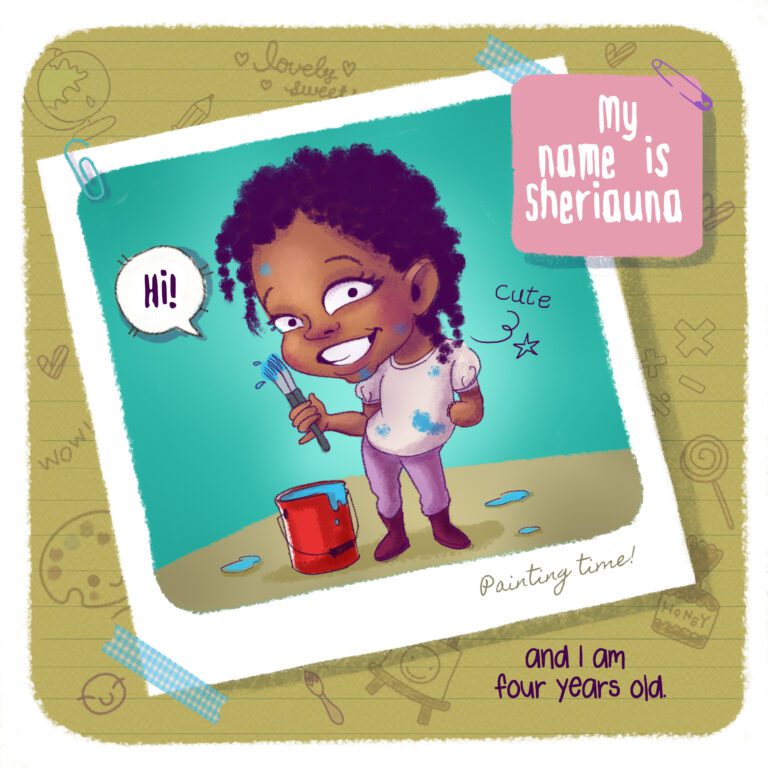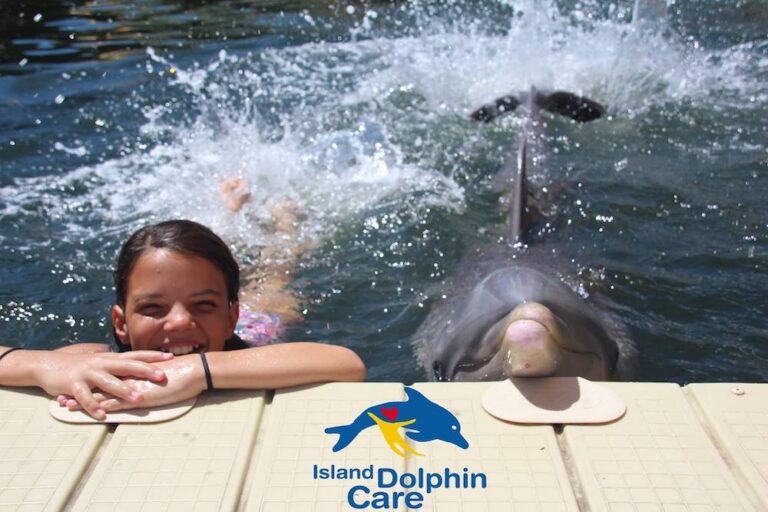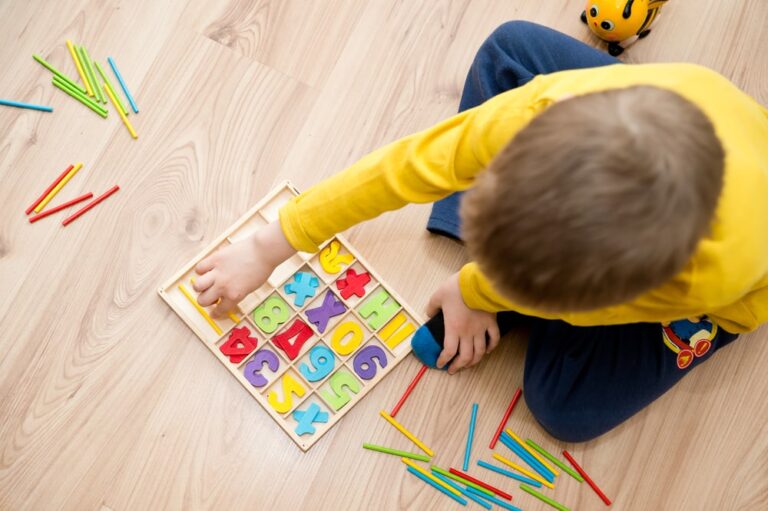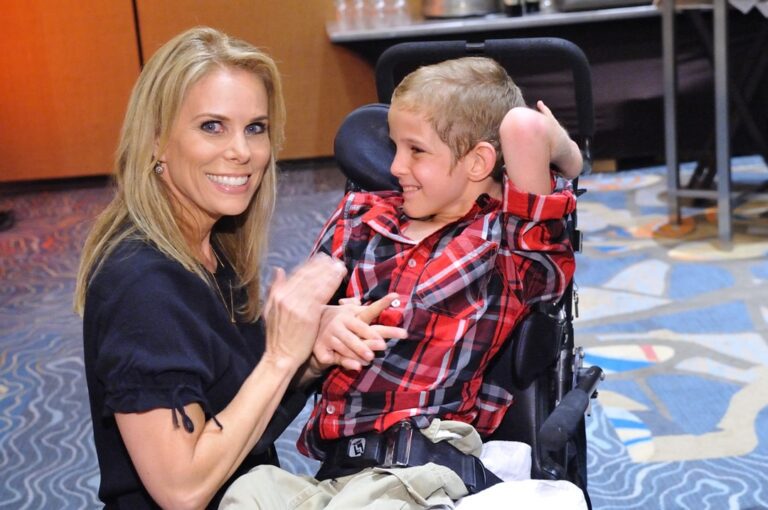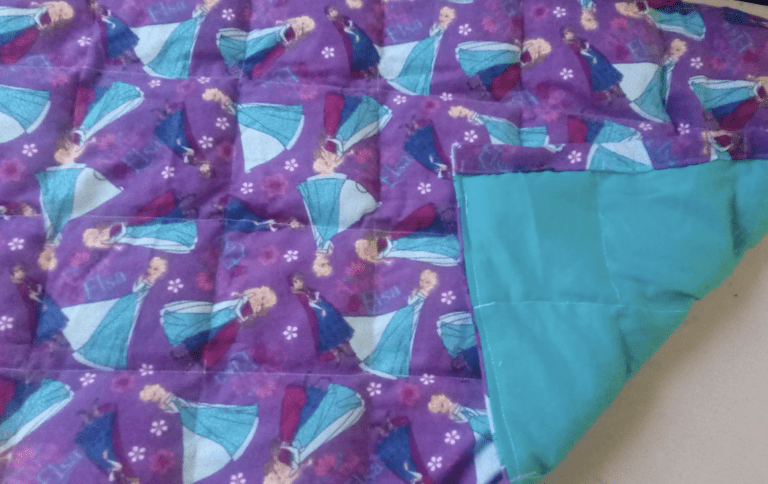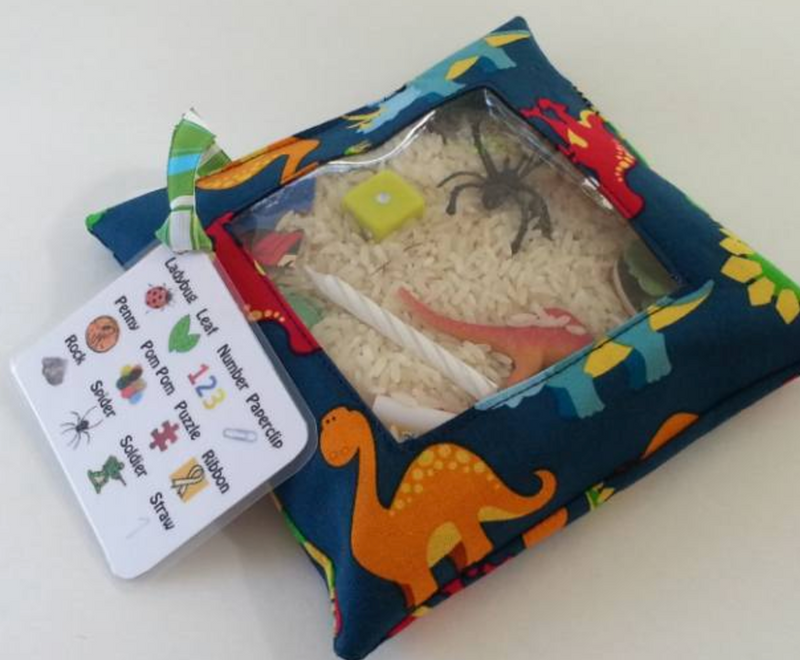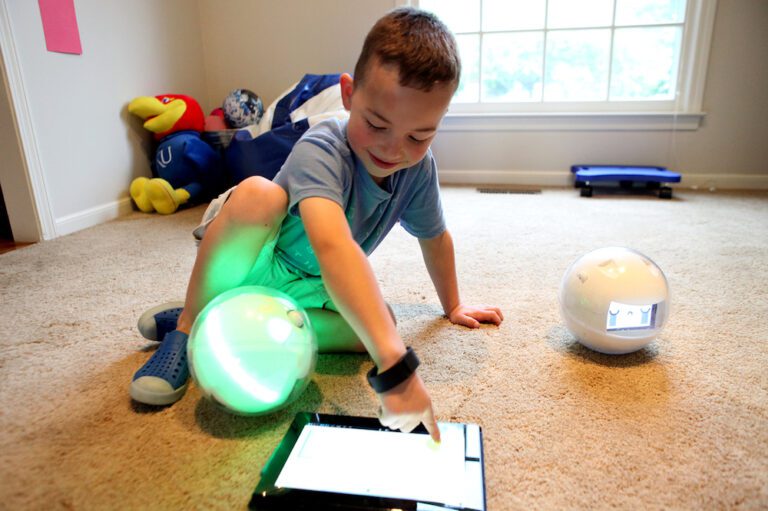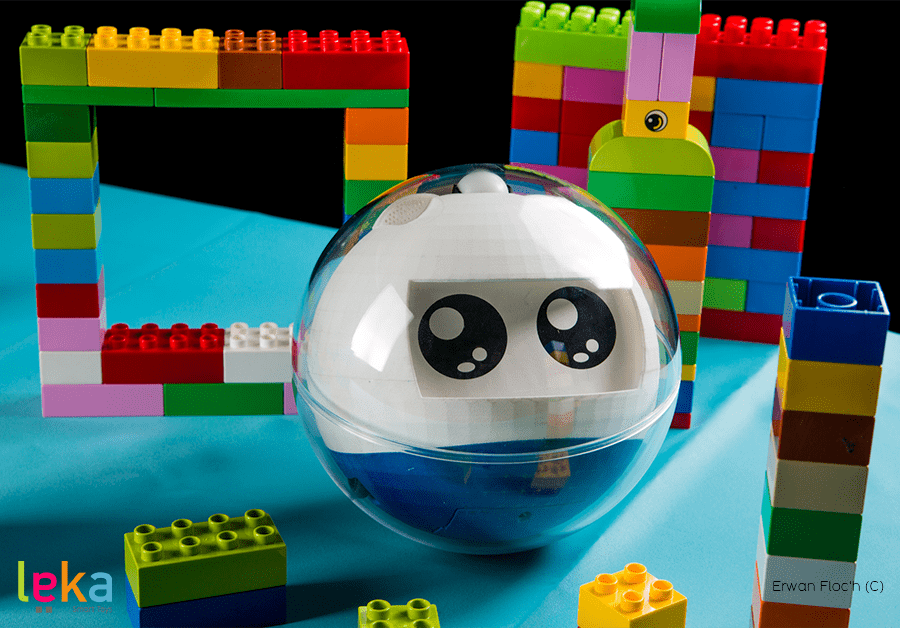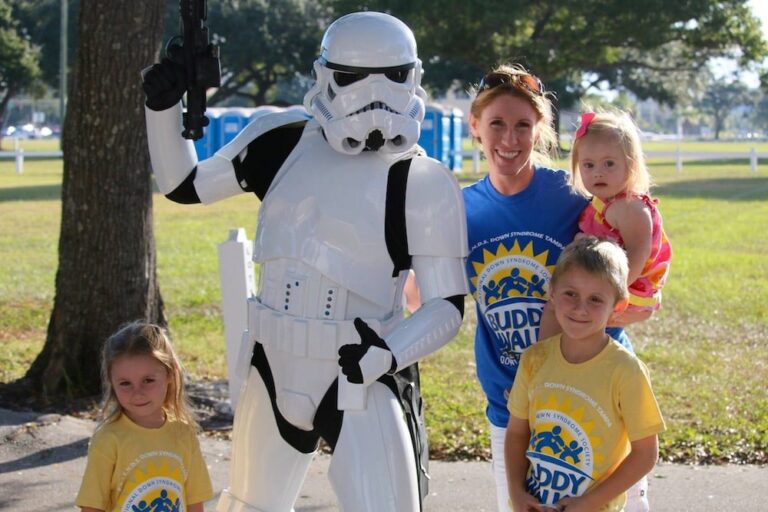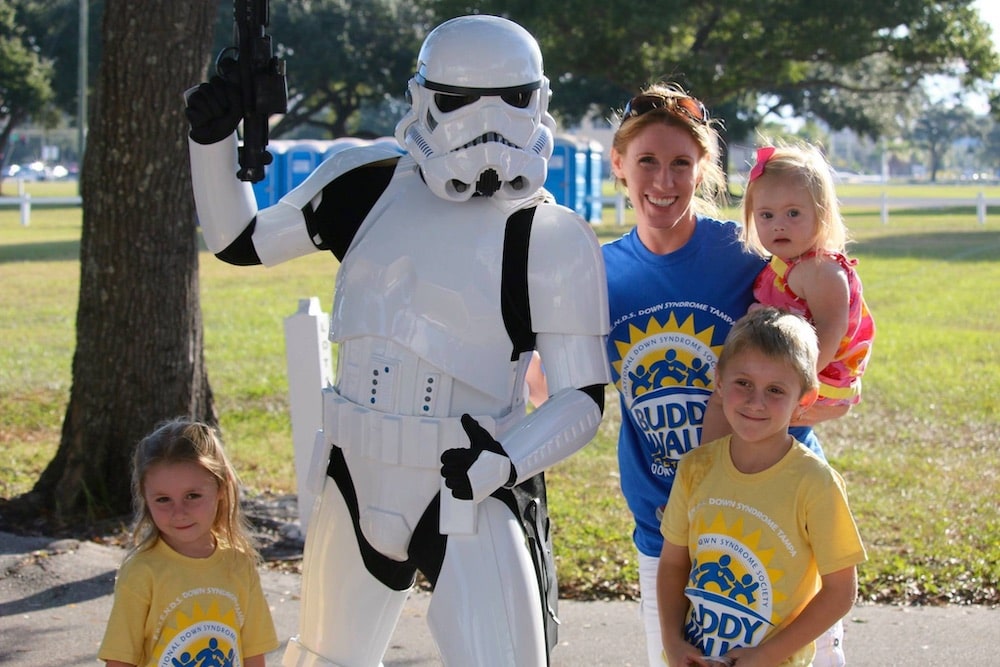Susan P. Berry is an architectural consultant offering frameworks for both residential and commercial construction with an emphasis on accessibility. Armed with over 30 years of experience and association with the American Society of Interior Designers and the American Institute of Building Designers, Susan developed two businesses: Disability Smart Solutions, which provides ADA guidance to companies, and Susan Berry Home Design, offering consultation to individual consumers seeking residential accessibility.
Stepping Stones
Susan’s passion for accessibility sparked during architectural school. But personal influences were really the building blocks to establishing her niche. She encountered mobility limitations following an injury, the parent of a child with special needs and caregiver to her wheelchair-bound mother.
“I broke my ankle and twisted the other and I had to [temporarily] use a wheelchair. And, so, I started realizing all of these things that just didn’t work [for people with disabilities] and get overlooked,” Susan recalls. Later, while caring for her mother, Susan was stunned that businesses – like hair or nail salons and even dental offices – refused to provide services to her mother if she couldn’t transfer herself from the wheelchair to the service chair. “I saw how spaces don’t work [for all] and I became passionate about both residential and commercial design.”
The Comforts of Home
Many builders now proclaim to offer “universal designed homes,” but Susan says that there is no one-size-fits-all solution, especially since “children grow and adults change.” So, how can Susan Berry Home Design help? “Let’s say you go to a large [new home] builder and you pick out one of their plans. We’ll review the design and talk to the person with the disability, the caregiver and maybe the physical or occupational therapist that might have additional input. We’ll take all of that and do some sketches, notes and suggested products to adjust the home to work accessibly,” Susan explains. Sometimes that includes widening hallways, changing bathroom layouts and recommendations for home security and color identification to “make spaces easier.”
Susan, who renovated her own 1950s home to aid her mother, often works with clients who are newly disabled and in need of home modifications. Clients often seek consultation for ramps, doors and turning bathrooms into complete wet rooms. “Each person with a disability is different. So we ask personal and detailed questions about how they do daily tasks to figure out what they need, what they can do without and what’s the budget to make it happen.” For example, she recently improved kitchen functionality for a 6’4” client with a spinal cord impairment who had pain when bending. She installed a heightened kitchen island and repositioned appliances so he could continue to cook without arching his back. For a different client facing mobility restrictions following a fractured hip, she assessed the ceiling tresses to determine if lift installations could work.
Spaces can be transformed, for example, by eliminating a spa tub to allow for a larger walk-in/roll-in shower with safety seating, removing toilet closet walls to create transfer space or lowering cabinets. “We want to design a beautiful room that is function without looking like a hospital bathroom, and retain resale value,” she says. “It’s looking at the individual’s abilities and figuring out what can be done within the budget to make the home work for that person and their caregivers.” Susan also encourages her clients to consider future needs that may arise, such as from degenerative diseases or disabilities (like multiple sclerosis), aging or a growing child.
“People are finally becoming aware that accessibility is important. Wheelchair users are only five percent of the disabled population. Twenty percent of Americans have some type of disability, and in Florida statistics are even higher as a ‘retirement state.’” – Susan Berry
Making Facilities Operational
Earlier in her career, Susan contributed to large-scale universal design projects at Walt Disney World Resort and corporations including Victoria’s Secret and Bath and Bodyworks. Through GiveKids the World Village, a nonprofit resort serving children with life-threatening illnesses and their families, Susan says: “I learned how to build rooms for individuals that perhaps were on a gurney versus a chair, or had other needs, so I gained a better understanding of how additional space is really needed and varies.” Over time, she’s noticed a positive shift within the corporate section to attempt to go beyond existing (and somewhat minimal) ADA standards.
“People are finally becoming aware that accessibility is important. Wheelchair users are only five percent of the disabled population. Twenty percent of Americans have some type of disability, and in Florida statistics are even higher as a ‘retirement state.’” But, of course, there is always room for improvement and she hopes to see advancements with architectural adaptions.
“Many architects were trained to think in terms of space; so they see [wheelchair] transfer space, but not how a person really functions within the whole room. Architects are watching [out] for the developers ’budget by not adding an [accessible] item; so thinking they’re saving the developer money, [but] really this could open you up to ADA litigation,” suggests Susan. For example, she recently reviewed the design of a bed and breakfast. Unfortunately, it was designed to meet standards applicable to apartment buildings rather than ADA codes for lodging facilities. “There is a lot of confusion when it comes to accessibility codes of different types of buildings, and there are also federal and state codes,” explains Susan, who hopes for better compliance.
Based in Central Florida, Susan says that, for the most part, Orlando-area hotels, conference centers and theme parks are conscious of accessible needs. However, aesthetic trends present complications. She says,“Everyone seems to want big, tall beds which are not at transfer height, so people with a disability need a lower bed and that has been a challenge with hotel owners.” Unfortunately, some public places and offices are less aware of accessibility requirements. For example, she says, “It’s common for restaurants to store extra chairs in hallways which makes it non-accessible as a 36-inch path.”
Through Disability Smart Solutions, Susan works with companies on accessibility such as with surveying and compliance. Plus, she facilitates training and workshops on an array of ADA topics like disability customer service, service dogs and various architectural barriers.
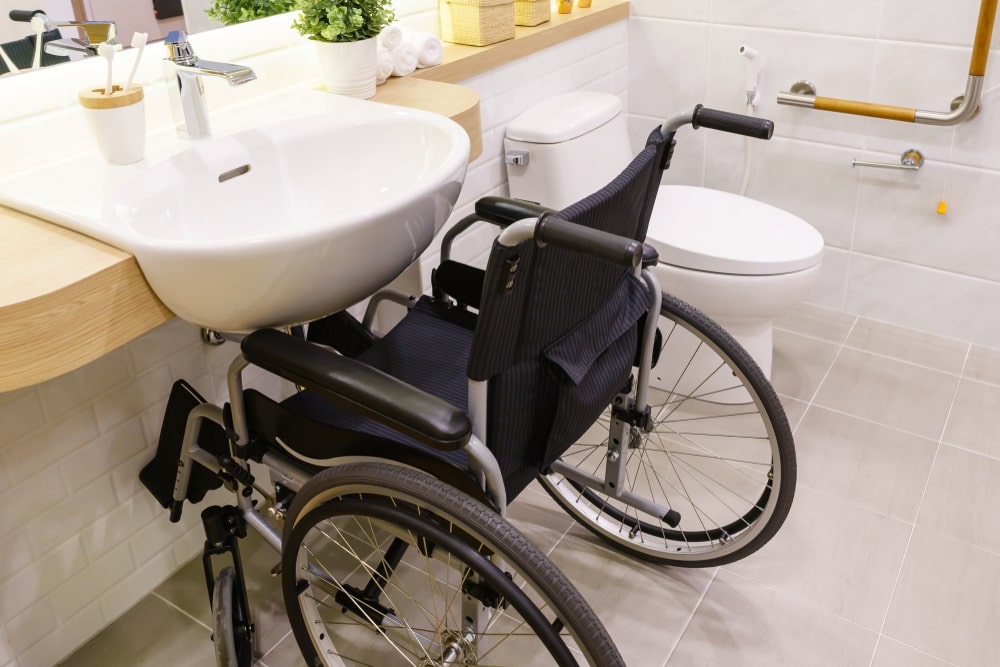
Gold Standards for Golden Years
Seniors may develop newfound limitations, but Susan says good home design is limitless. She aims to improve functionality and safety. A senior client with arthritis, for instance, may need modifications because of narrowed hand mobility. “We can use levers versus handles on doors knobs and sink handles; also change out cabinetry handles and lower closet rods,” Susan says. Seniors can update handrails, peepholes, lighting (i.e. ceiling vs. lamps, enhanced brightness), flooring (i.e. slip-resistant, rug removal to prevent tripping, level walkways) and generally declutter. “For bathrooms, I like to use a standard showerhead as well as a handheld because it makes it so much easier to bathe and also clean the shower, and also use comfort-height toilets.” For those residing in a two-story home, relocating to a downstairs bedroom is ideal. However, some may opt for a stair-lift or personal elevator.
Through Disability Smart Solutions, Susan facilitates an ‘Undercover Senior Customer Experience,’ in addition to an ‘Undercover Disabled Customer Experience,’ to aid corporate teams with customer engagement and compliance because “great customer service is the easiest way to gain loyal customers and avoid disability discrimination lawsuits.”
For more information, visit DisabilitySmartSolutions.com (business) and SusanBerryHomeDesign.com (residential) or call (407) 331-4855.




